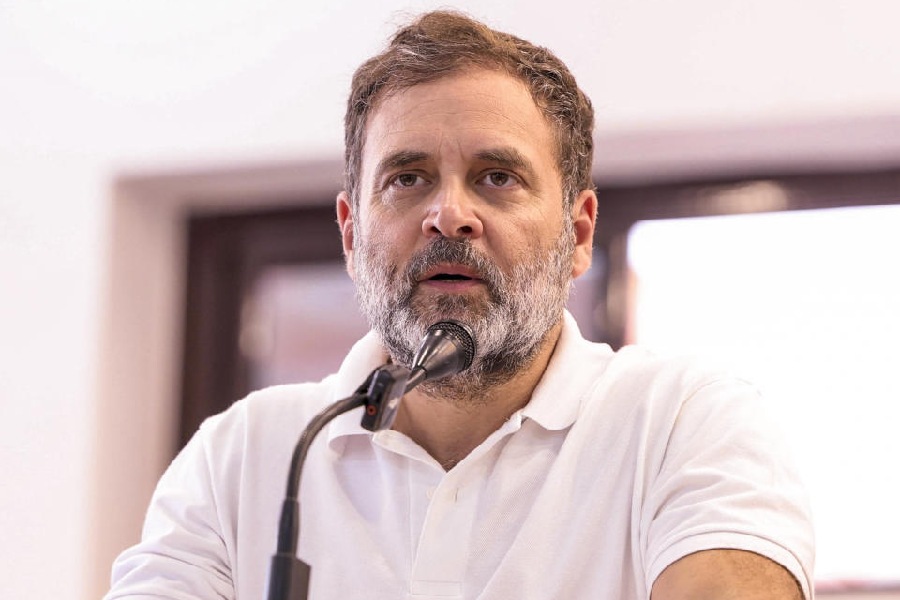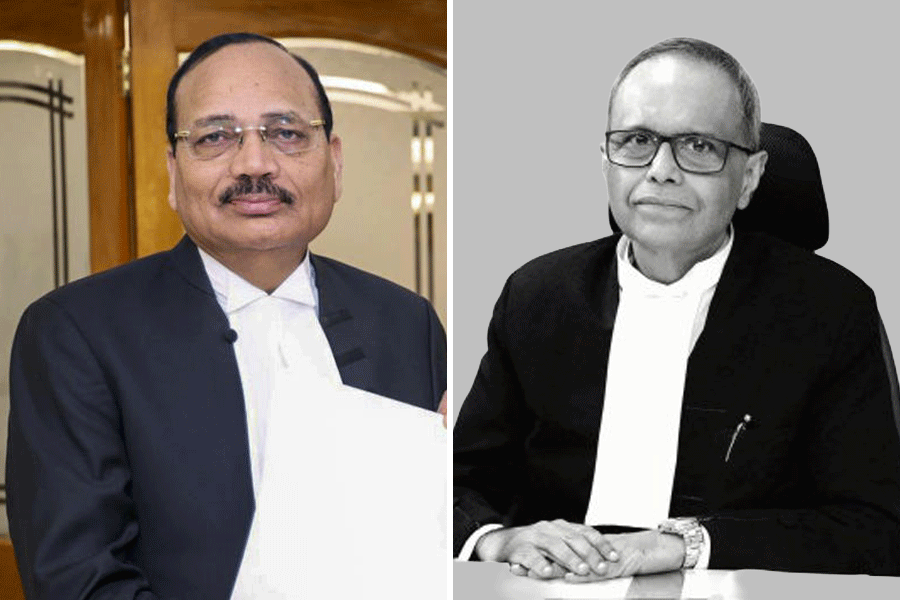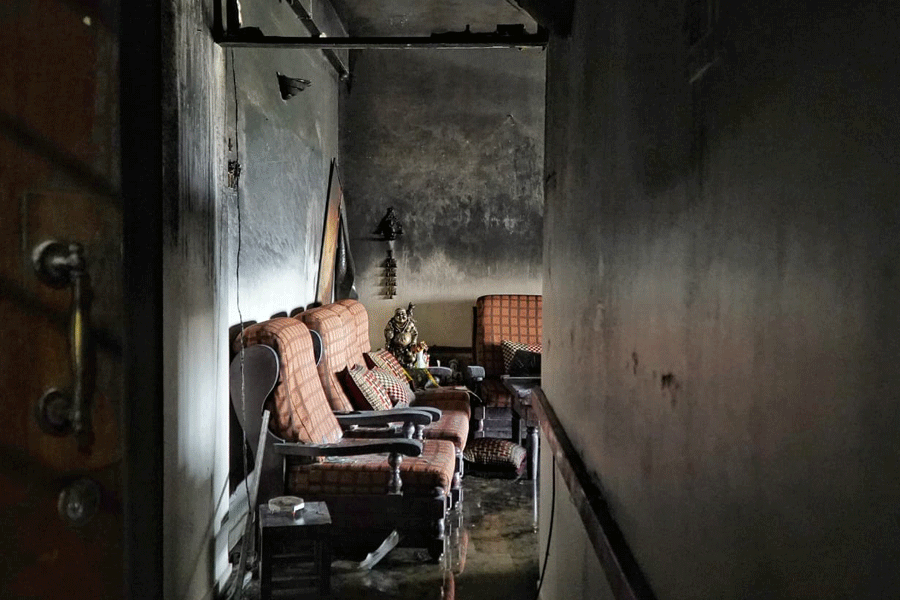The practice of splitting bills in both dining and social settings is ubiquitous in the Western hospitality tradition. Beneath its seemingly mundane surface lies a profound ethos of equitable resource distribution and mutual accountability.
In stark contrast, Indian hospitality embodies a paradigm of munificence wherein hosts derive prestige from lavishing abundant provisions upon their guests. This hospitable ethos resonates with the philosophical insights of scholars like Jacques Derrida, Emmanuel Levinas, and Judith Butler, who have extensively interrogated this practice's complexities and ambiguities. Derrida's notion of hospitality as a fundamentally aporetic concept is particularly pertinent as it underscores the inherent tension between invitation and restriction, welcome and rejection, thereby highlighting the intricate dynamics of host-guest relationships.
My interactions with Western hospitality have laid bare the chasm that separates Western and Indian hospitality traditions. A particularly illuminating experience was when a friend in Oxford invited me for coffee and cake, only to insist on splitting the bill. This gesture had struck me as incongruous, given the months of warm hospitality he had enjoyed at my residence. Another illustration of this cultural difference was my encounter with a Cambridge professor who had invited me to discuss E.M. Forster's Indian experiences over coffee at Browns. However, the occasion took an unexpectedly utilitarian turn when the professor suggested that we 'go Dutch'. Splitting the bill may be perceived as a gesture of egalitarianism in certain cultural contexts but it is seen as injudicious or unacceptable in other settings, highlighting the complex nature of social relationships and interactions.
A recent destination wedding in Goa underlined the relevant complexities. Upon arrival, we were unexpectedly solicited to contribute to the dinner bill on the inaugural evening. This practice, coupled with the subsequent requirement to purchase individual beverages, prompted me to interrogate, through a postcolonial lens, whether the Western emphasis on reciprocity might, in certain instances, constitute a form of cultural imposition. The evening's events took a paradoxical turn when a basket was circulated to collect contributions for the bill, only to have the host exempt himself from payment when the accumulated amount sufficed to cover the expenses. This episode not only subverted the Western ideals of reciprocity and egalitarianism but also undermined the traditional mores of Indian hospitality.
The practice of splitting bills across cultures merits a nuanced examination as it mirrors societal shifts towards individualism, gender equality as well as the reconfiguration of traditional roles within contemporary social life. A critical scrutiny of this phenomenon not only elucidates the intricacies of interpersonal dynamics but also invites a reappraisal of the socio-economic norms that undergird these quotidian practices.
As I see it, in Western societies, the notion of hospitality is inextricably linked to consumerism wherein hosts are perceived as facilitators of market transactions rather than providers of care or generosity. Pierre Bourdieu, the French sociologist, also noted that the practice of 'going Dutch' exemplifies the 'economic liberalism' that undergirds Western cultures where social relationships are predicated on mutual benefit and reciprocity rather than duty, obligation, or altruism. For an Indian encountering this custom, it lays bare the pragmatic and utilitarian underpinnings of Western culture.
As we navigate the complexities of a globalised world, it is essential to engage with these cultural differences in an informed manner to gain a deeper understanding of the power dynamics and social norms that characterise cross-cultural interactions. Ultimately, this helps foster greater empathy and cooperation even as we celebrate the unique traditions and customs that make us who we are.
Shelley Walia has taught in Panjab University










